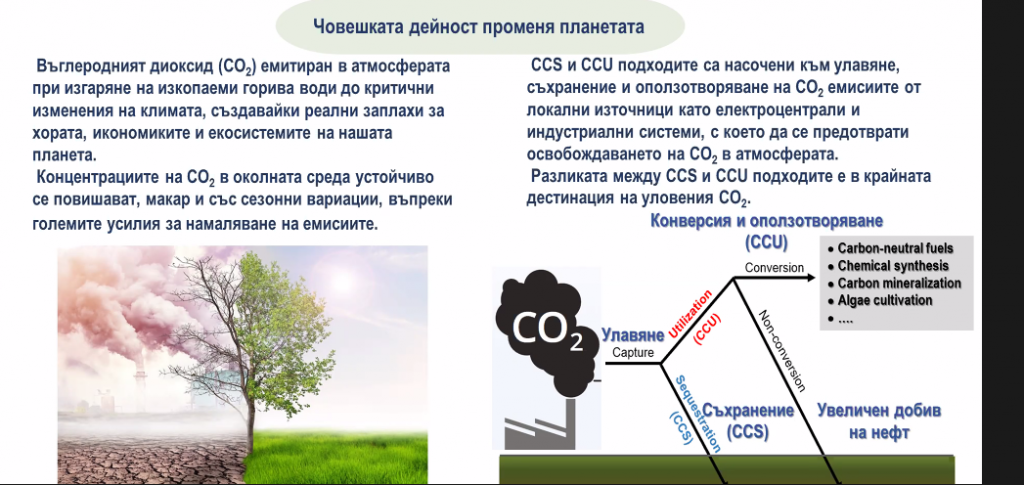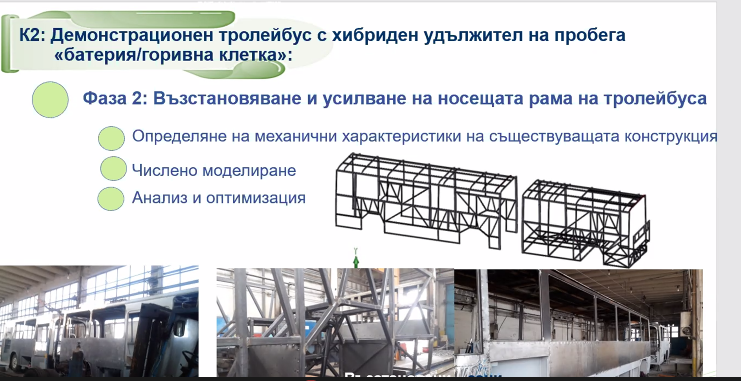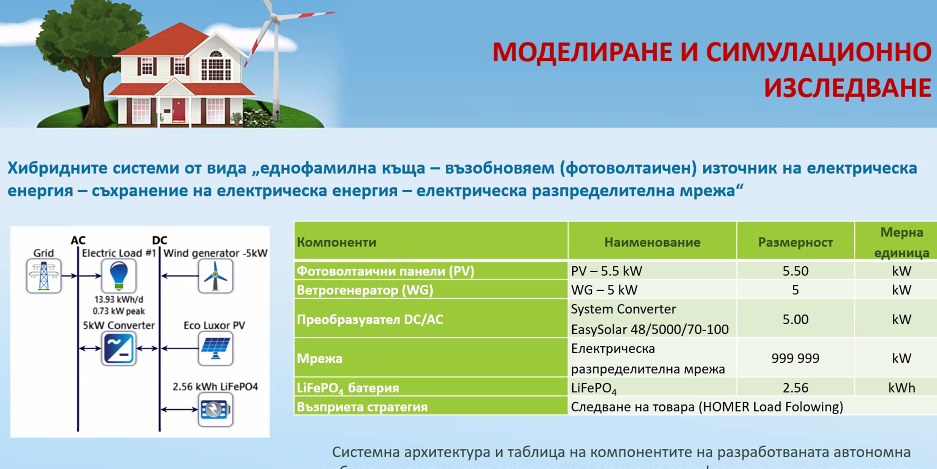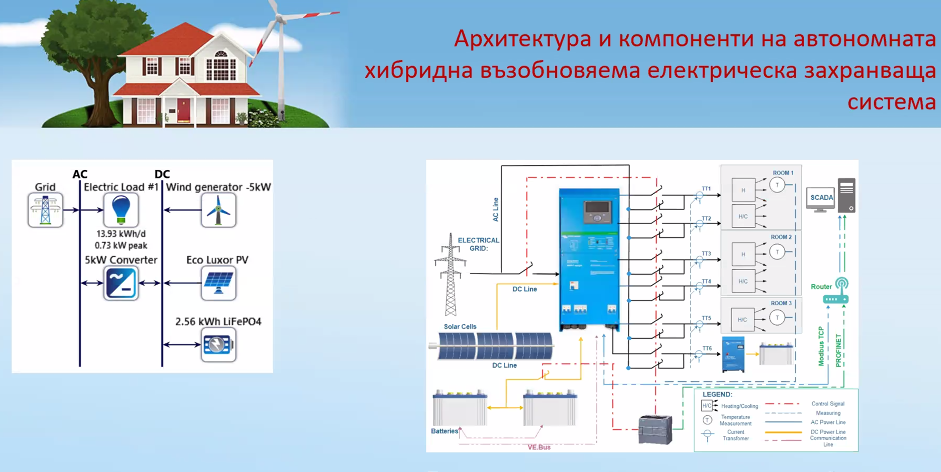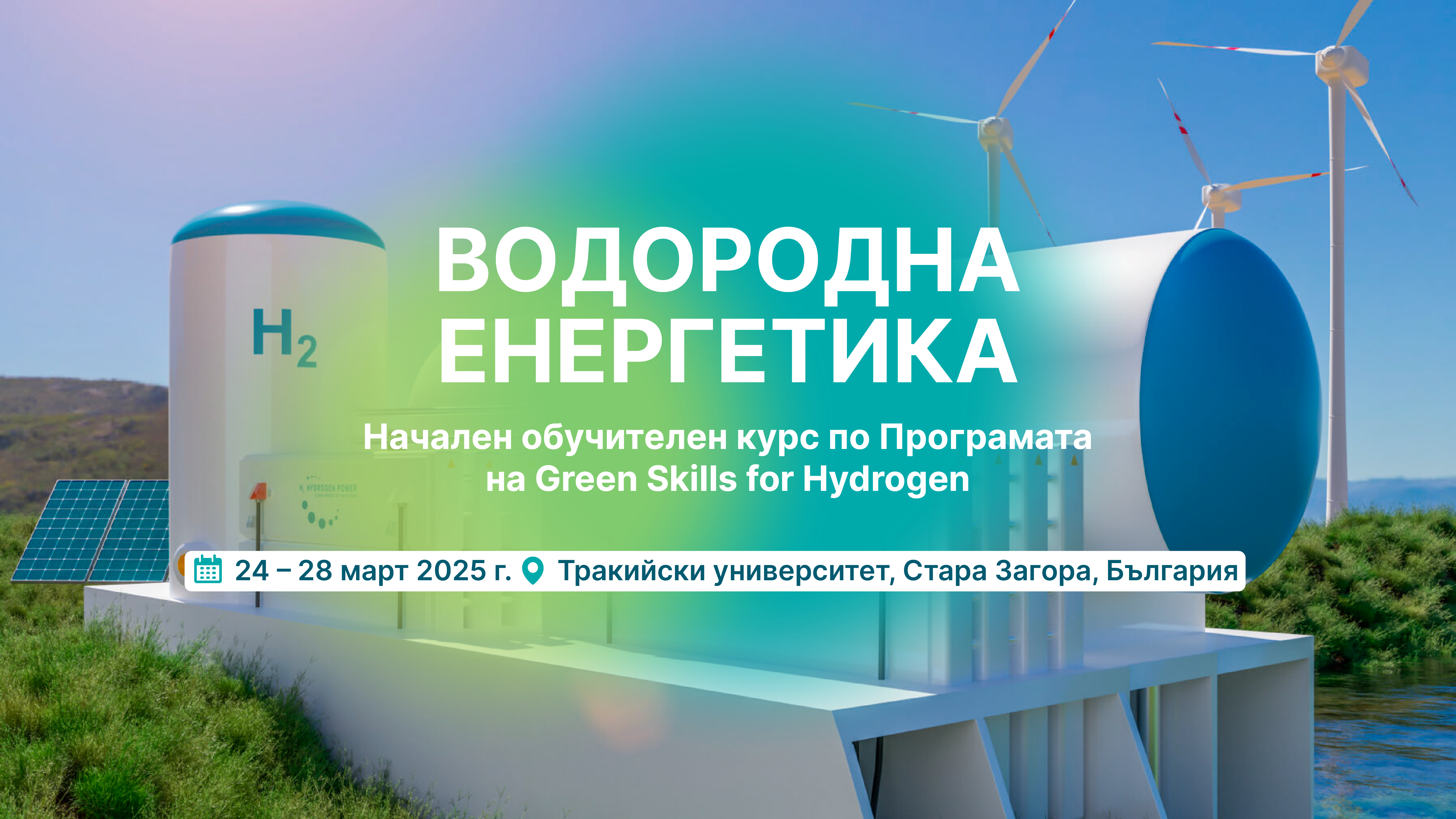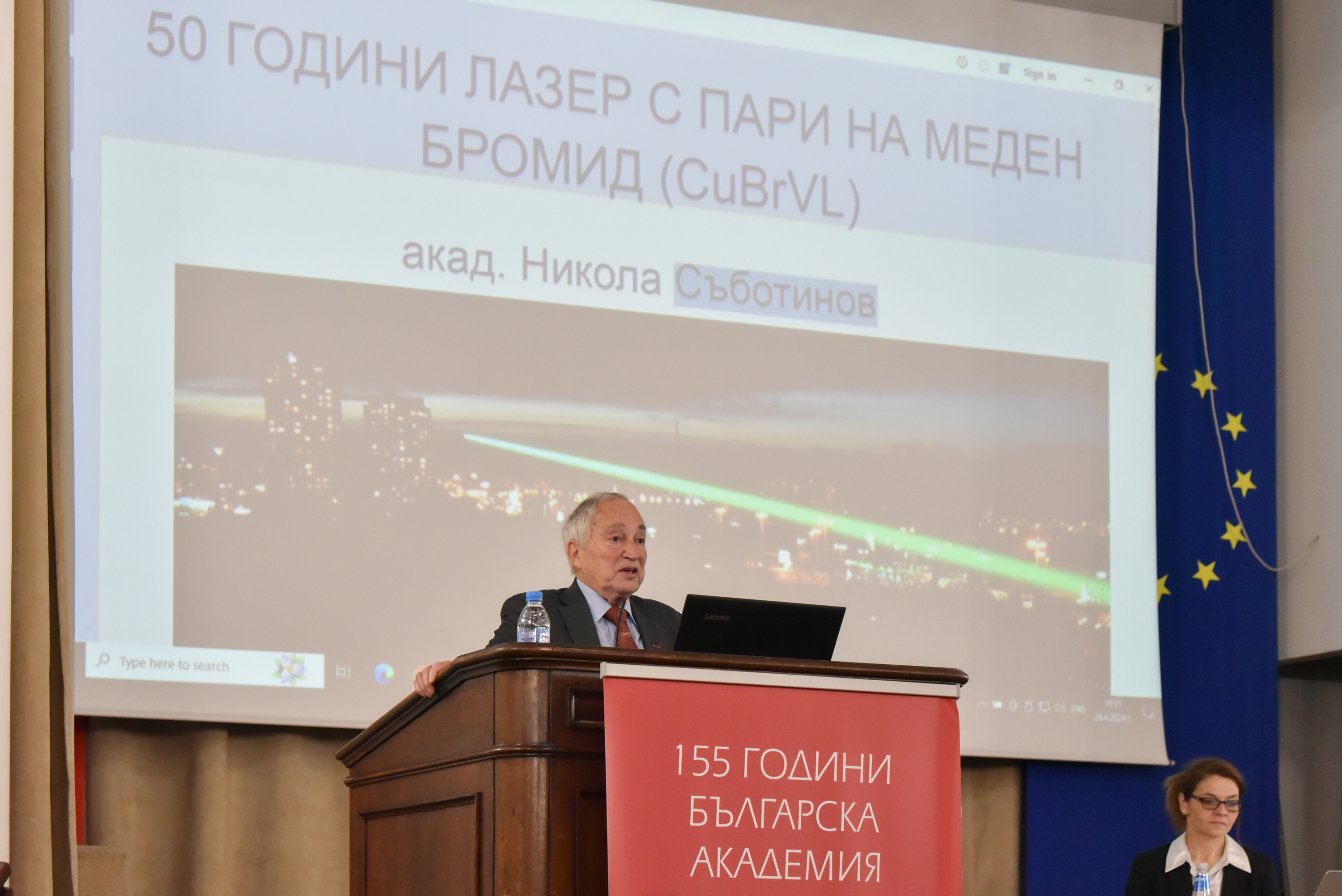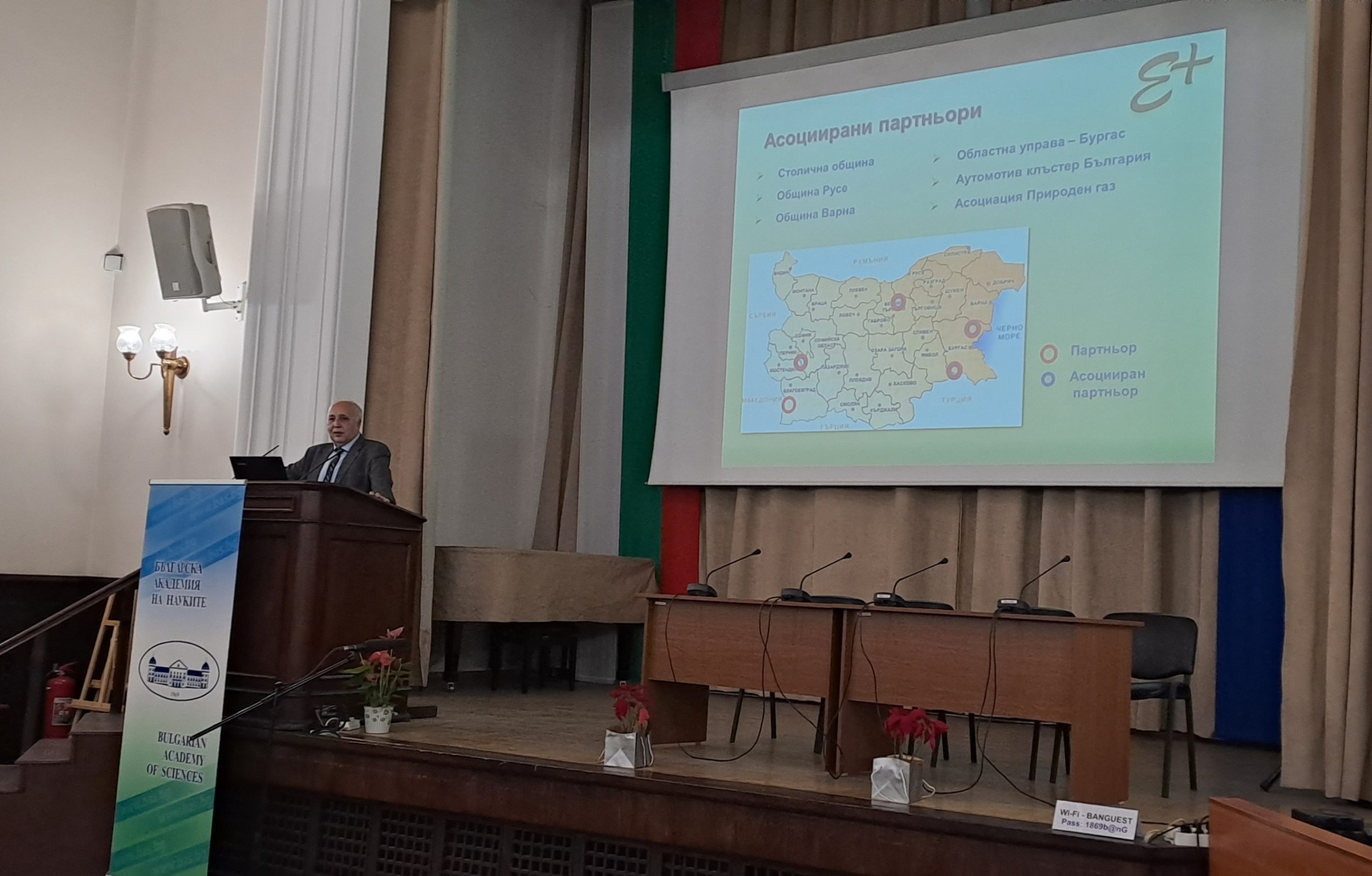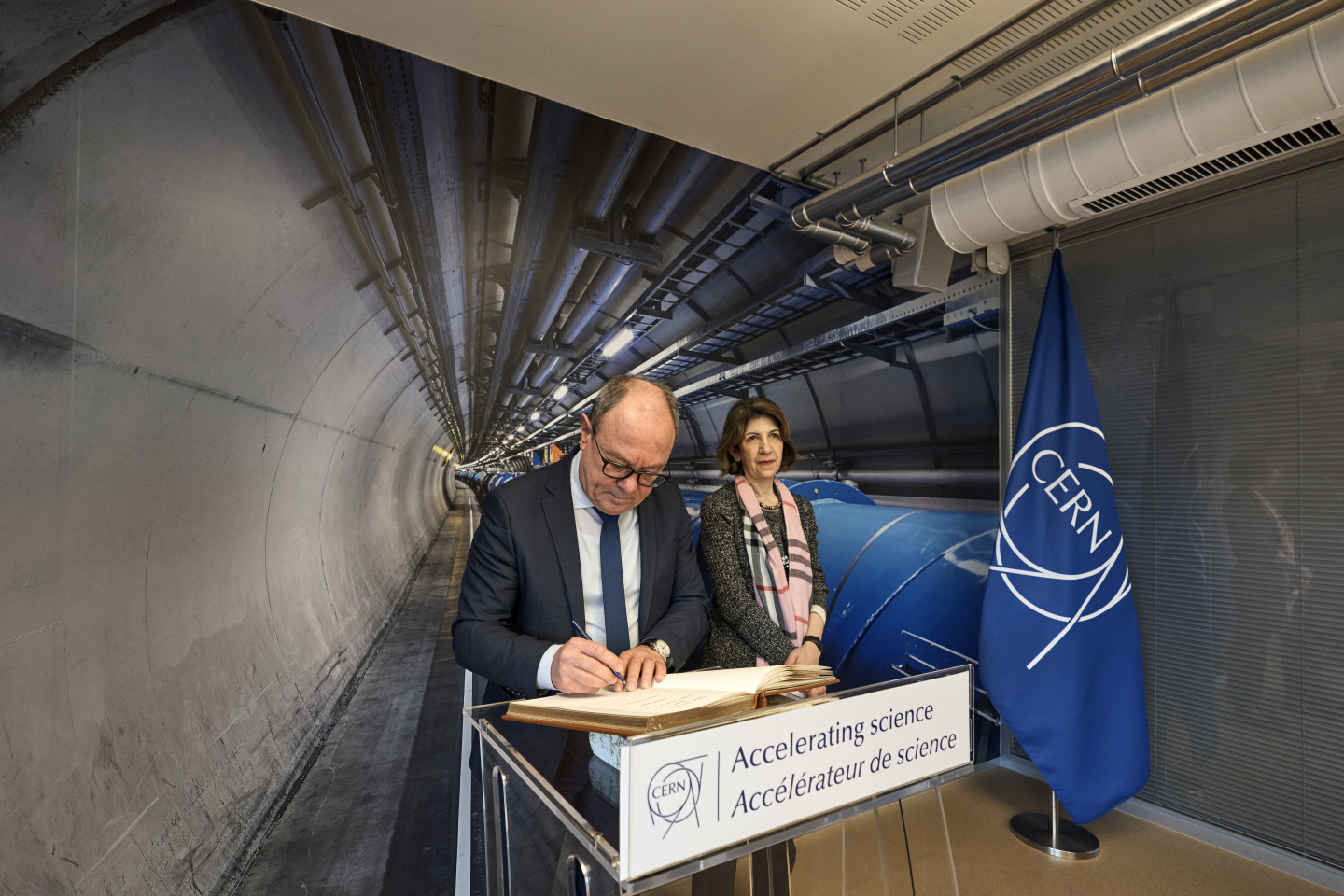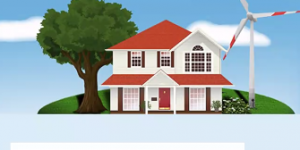
Bulgaria’s first multidisciplinary demonstration projects involving industry, local government and business were presented at an online information meeting under the National Science Programme “Low-Carbon Energy for Transport and Domestic Use (EPLUS)”.
The “Green House” project shows how single-family houses or business buildings can use electricity without releasing harmful emissions into the atmosphere through autonomous heat and power supply. For this purpose, the scientists have built an autonomous hybrid renewable power system with zero carbon emissions that consists of a battery and hydrogen cycle for energy storage. The building is powered by electricity from renewable energy sources, hydrogen and, when clean energy is scarce, the electric grid. A house monitoring and control system has been designed for a household with an energy consumption of about 10 thousand kilowatt hours per year. The hybrid energy systems are currently being installed on the territory of the Institute of Electrochemistry and Energy Systems of BAS and the Technical University of Sofia. Once the system is operational, scientists will carry out observations and exchange data with each other.
The programme is also developing a prototype trolleybus with a hybrid battery/fuel cell range extender. The trolleybus is being transformed into a hydrogen-powered trolleybus by the “retro fitting” method which allows the replacement of the electric motor and the reinforcement of its frame, on which the new components will be mounted. A public tender has been issued for the supply of these components which will be integrated into the trolleybus and then its test trials will begin. The successful implementation of this project will allow the replacement of public transport vehicles in Sofia and Stara Zagora.
A National Scientific Network on Capturing and Utilising CO2 is also being set up within the framework of the EPLUS NSP.
For the first time, Bulgarian scientists from institutes of BAS and universities are jointly developing new methods for storing energy from renewable energy sources, efficient methods for capturing and utilising carbon dioxide and opportunities for the application of hydrogen in transport. The participants in the meeting were welcomed by the Deputy Minister of Education and Science Prof. Nelly Koseva.


